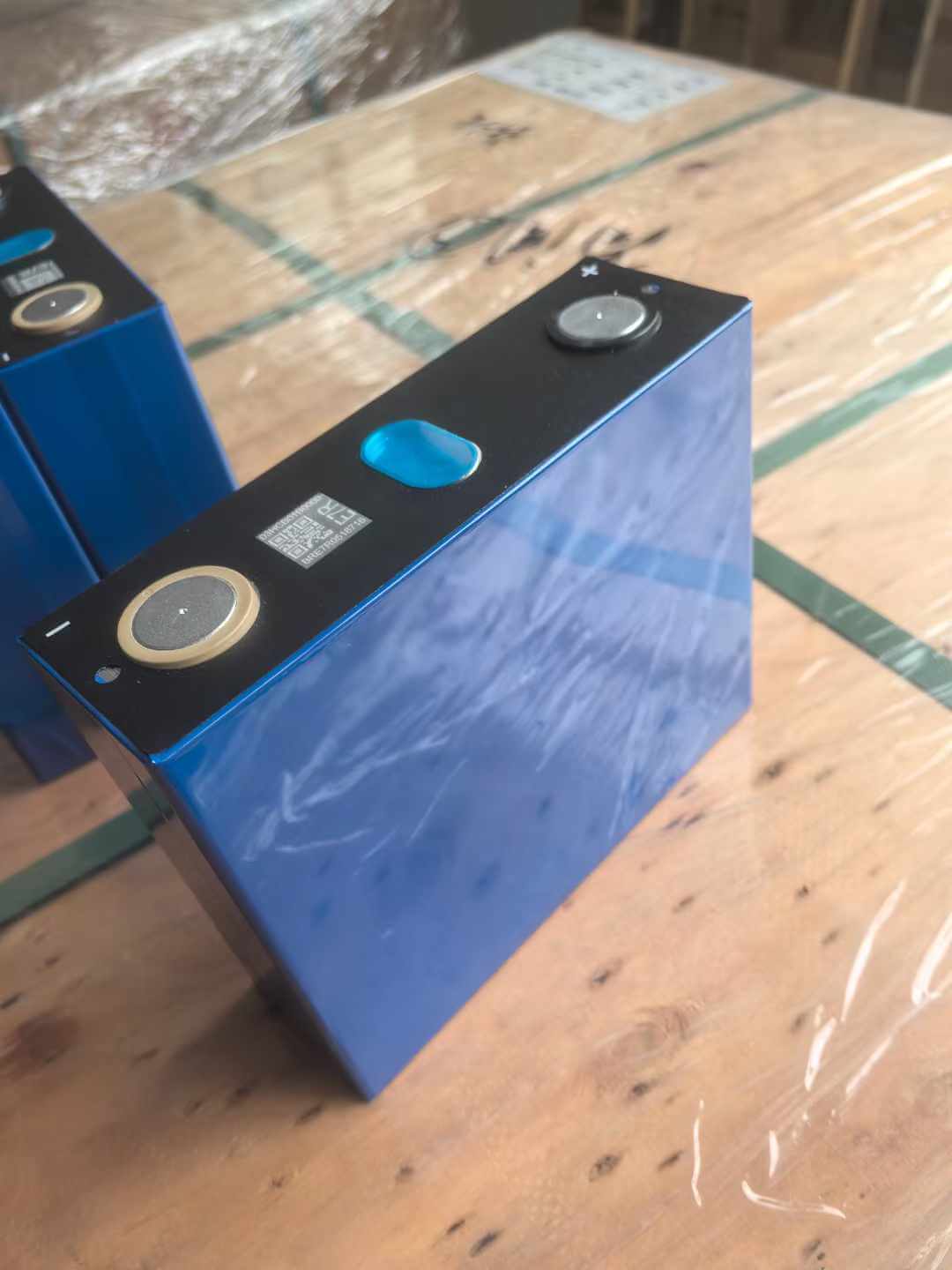Title: The Growing Demand for Lithium Iron Phosphate (LFP) Batteries in Three-Wheeler Electric Vehicles
Introduction
As the world transitions toward sustainable and eco-friendly transportation solutions, electric three-wheelers have gained immense popularity, particularly in regions like South Asia, Africa, and Latin America. The adoption of Lithium Iron Phosphate (LFP) batteries in these vehicles has been a game-changer, offering enhanced safety, longevity, and performance. This article explores the rising demand for LFP batteries in electric three-wheelers, their advantages over traditional lead-acid batteries, and the future of this rapidly growing market.

Why LFP Batteries Are Ideal for Three-Wheelers
Three-wheeler electric vehicles are widely used for public transportation, cargo delivery, and personal commuting. These vehicles require reliable, cost-effective, and long-lasting power sources. LFP batteries have emerged as the preferred choice due to their unique benefits:
1. Extended Lifespan
LFP batteries offer a significantly longer lifespan compared to lead-acid batteries. With a cycle life exceeding 4000–5000 cycles, these batteries ensure a lower total cost of ownership, making them a cost-efficient option for commercial operators.
2. Enhanced Safety Features
Safety is a top concern in electric vehicle applications. LFP batteries have excellent thermal stability and are resistant to overheating, reducing the risk of thermal runaway, fires, and explosions—issues commonly associated with other lithium-ion chemistries like NMC (Nickel Manganese Cobalt).
3. Consistent Performance in Harsh Conditions
Electric three-wheelers often operate in extreme weather conditions, from high heat in tropical regions to cold winters. LFP batteries maintain stable performance across a wide temperature range (-20°C to 60°C), ensuring reliability in all climates.
4. Fast Charging Capabilities
Unlike lead-acid batteries, which require long charging times, LFP batteries support fast charging, allowing three-wheeler operators to minimize downtime and maximize productivity.
5. Eco-Friendly and Sustainable
LFP batteries are free from toxic heavy metals like lead and cobalt, making them an environmentally friendly alternative. Additionally, their recyclability and lower environmental impact make them an attractive choice for governments promoting sustainable mobility initiatives.
Market Trends and Growth Drivers
The demand for LFP batteries in electric three-wheelers is being driven by several key factors:
1. Government Policies and Incentives
Governments worldwide are implementing policies and subsidies to encourage electric vehicle adoption. Countries like India, China, and Thailand have introduced financial incentives, tax benefits, and reduced registration fees for electric three-wheelers, accelerating the demand for LFP-powered models.
2. Cost Competitiveness
As battery technology advances, the cost of LFP batteries continues to decline, making them an economically viable solution for three-wheeler manufacturers and fleet operators.
3. Growing Last-Mile Delivery Sector
The surge in e-commerce and last-mile delivery services has increased the demand for electric cargo three-wheelers. LFP batteries provide the necessary power and range to support delivery businesses in urban and rural areas.
4. Shift from Lead-Acid to Lithium-Ion
Many fleet operators and individual owners are upgrading from lead-acid to lithium-ion batteries due to the maintenance-free nature and superior performance of LFP technology.
Case Study: Adoption of LFP Batteries in India's Electric Three-Wheeler Market
India, one of the largest markets for three-wheeler vehicles, has witnessed a significant shift towards LFP batteries. Leading electric three-wheeler manufacturers in the country have transitioned from lead-acid to LFP due to:
Increased range and efficiency
Lower operational costs
Government support for electric mobility
Rising consumer awareness about environmental benefits
Challenges and Future Outlook
Despite the numerous advantages, the adoption of LFP batteries in three-wheelers faces challenges such as:
Initial higher upfront costs compared to lead-acid batteries
Limited charging infrastructure in some regions
Need for standardization in battery pack design and compatibility
However, the future looks promising. With continuous improvements in battery technology, increasing production capacities, and growing investments in EV infrastructure, LFP-powered three-wheelers are set to dominate the market.
Conclusion
LFP batteries have revolutionized the electric three-wheeler segment by offering durability, safety, and cost-effectiveness. As urbanization and electrification accelerate globally, the demand for these batteries will continue to rise, shaping a greener and more sustainable future for last-mile transportation.
At GBE Battery, we specialize in providing high-quality, A-grade LFP battery solutions for electric three-wheelers, ensuring optimal performance, safety, and longevity. Contact us today to learn more about how our battery technology can enhance your EV fleet and drive your business forward.
Explore our range of LFP battery solutions: www.gbebattery.com
Contact us for inquiries and bulk orders!



